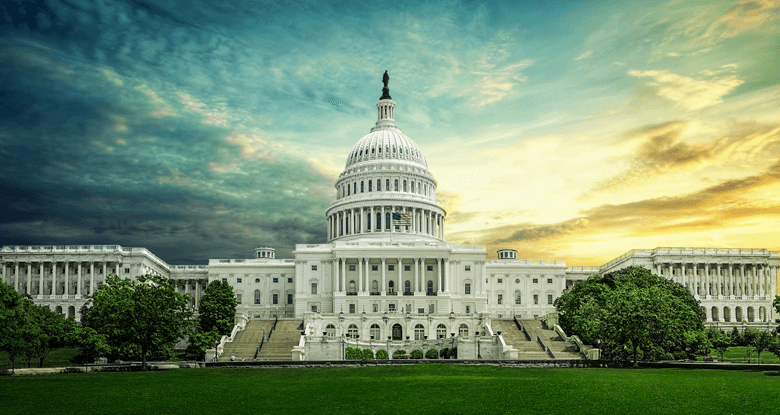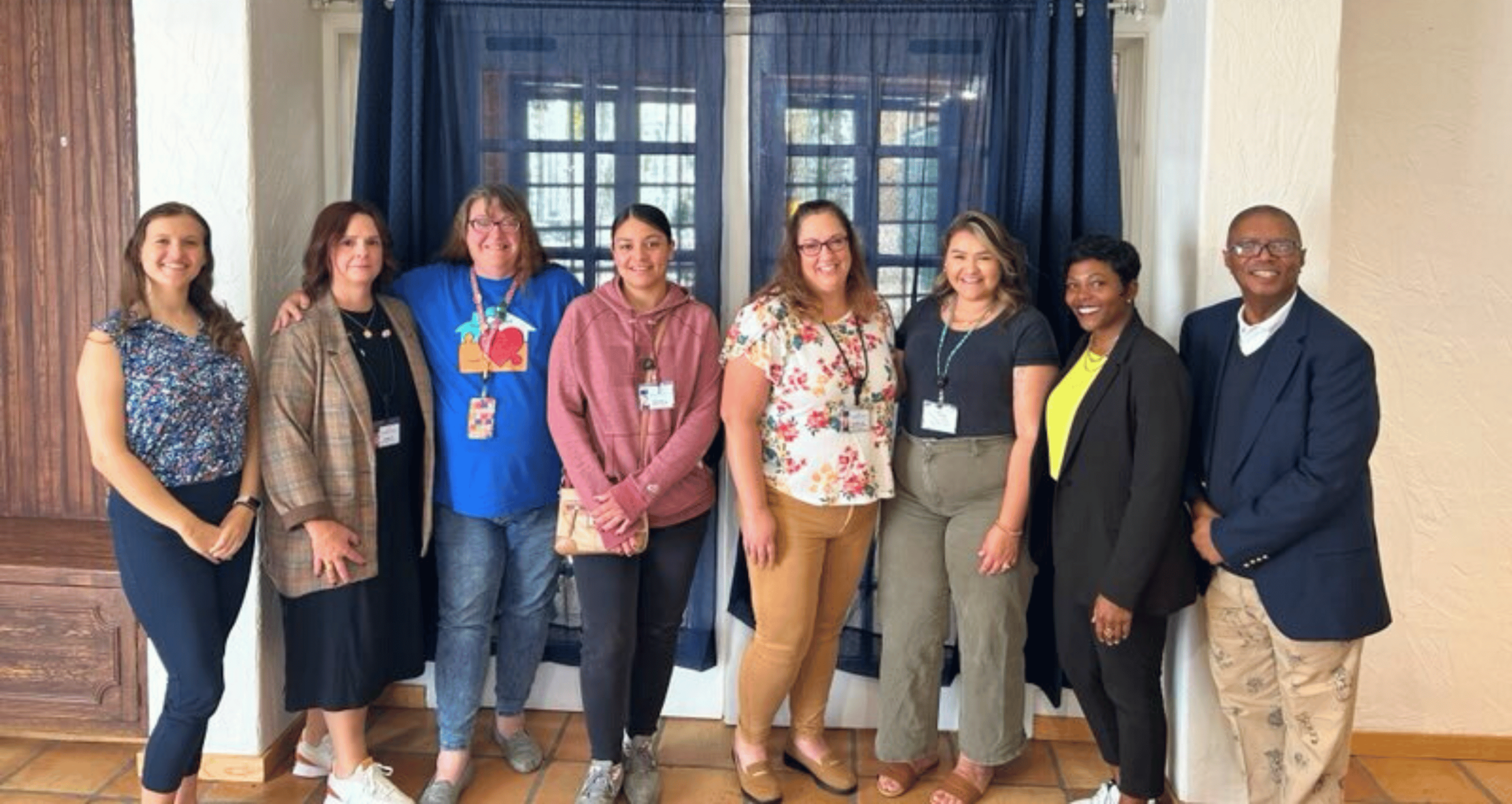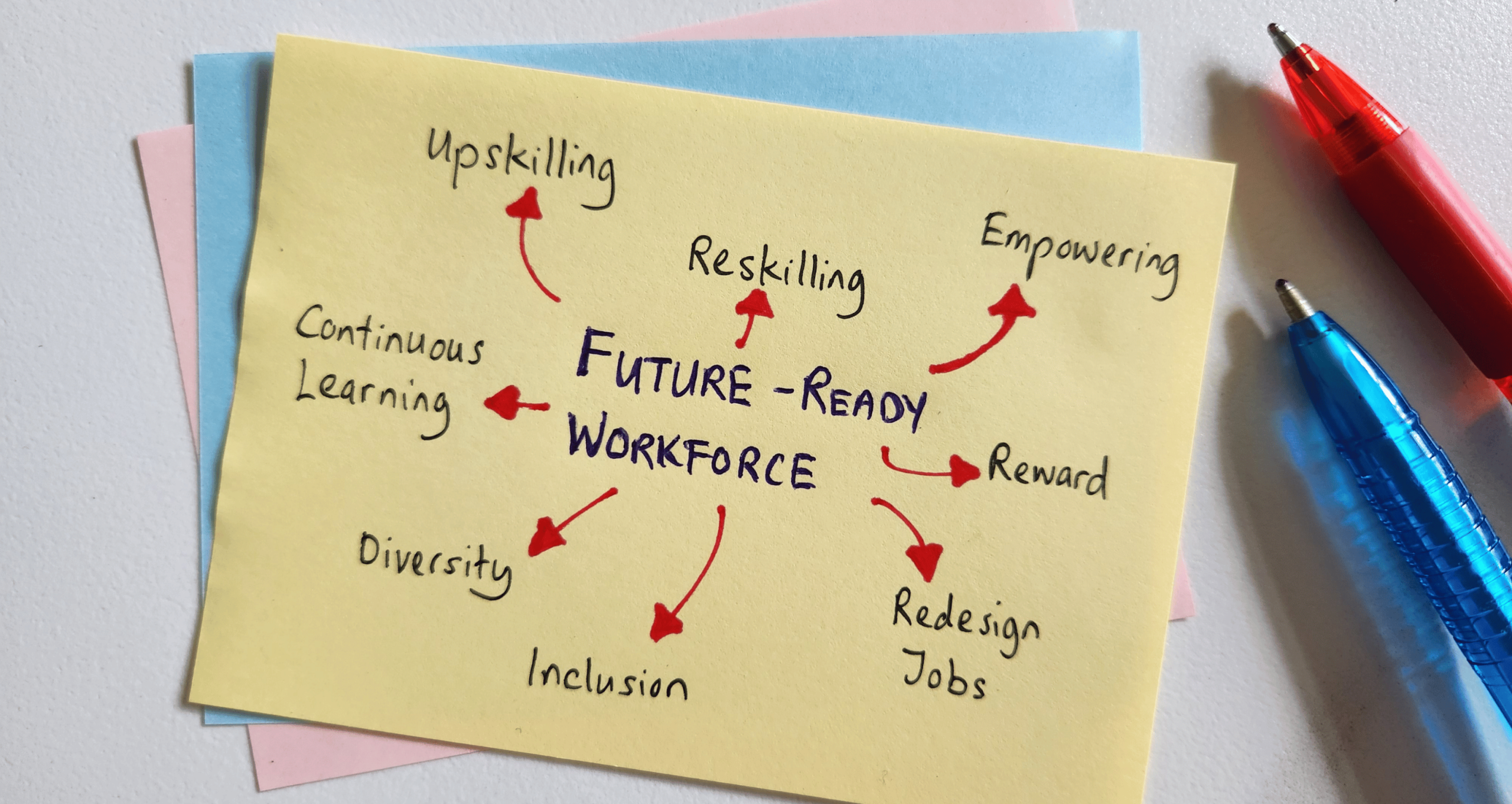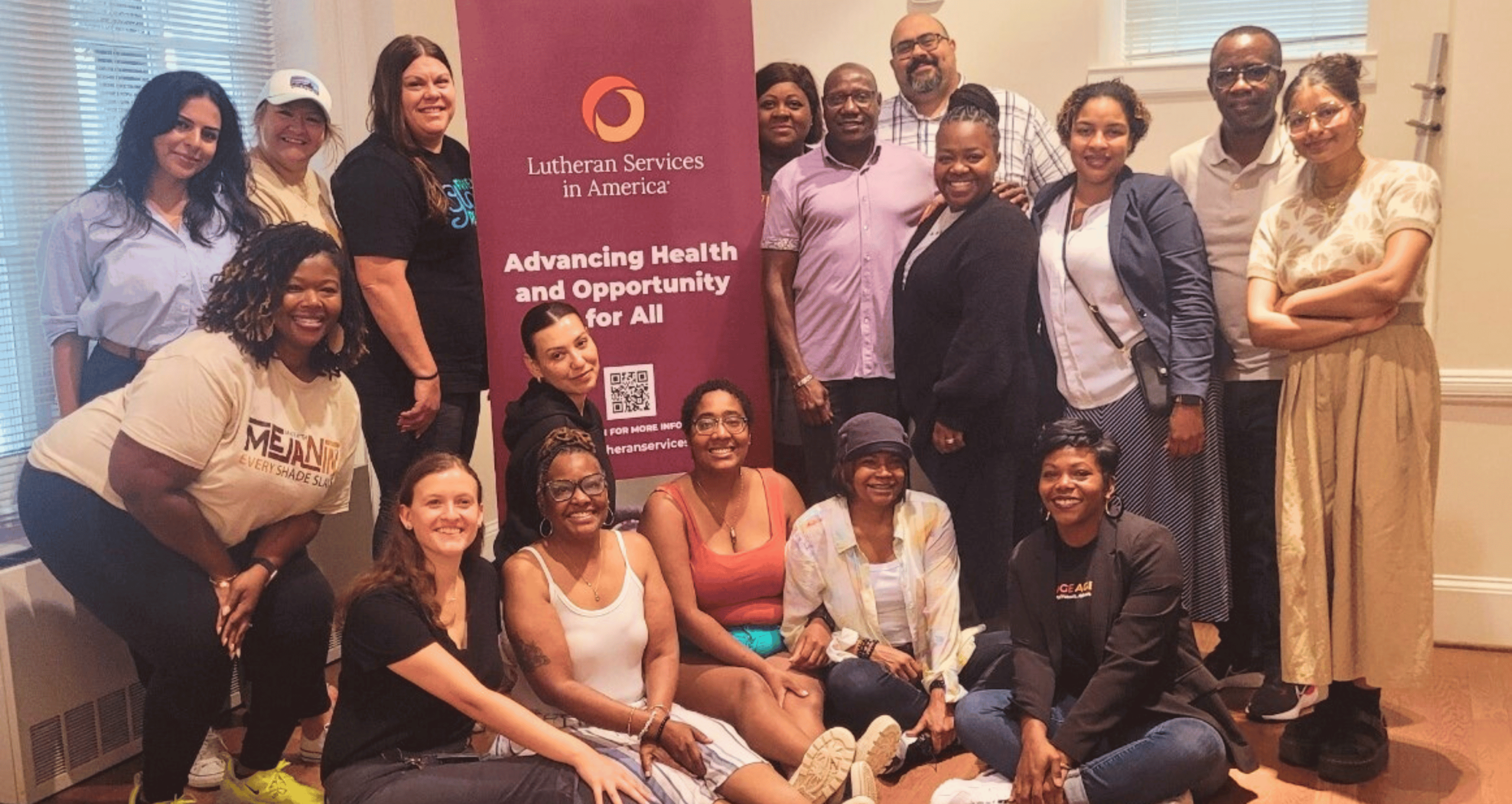While it’s always been important for faith-based organizations to express their mission and values, the current realities faced by non-profits underscore how crucial values alignment can be for organizational success. From rising costs to increased consolidation, post-COVID impacts, shifts in giving trends and rapidly changing demographics, non-profits are facing many uncertainties today. For faith-based organizations, leaning into core values and historical connections can be a key differentiator.
One of many ways faith-based non-profits can express their values is by aligning their financial decision-making with the core principles that drive their mission. Whether it’s prioritizing socially responsible investments or ensuring that organizational finances are well suited to support mission work, there’s a clear need for faith-based organizations to integrate their values when making financial decisions. Here’s three ways your organization can take steps to align your finances with your values:
- Consider Your Policies and Procedures
Strong governance is an important trait for all non-profits. Your organization’s governing documents and processes can be a starting point for ensuring your values are reflected in financial decision-making. For example, you may have an Investment Policy Statement (IPS) that defines how your endowment and reserve assets are invested. Many faith-based organizations may reflect their values in their IPS by defining a set of ethical exclusions or prioritizing sustainable investments.
- Evaluate Faith-Based Financial Partners
Non-profits often rely on a network of financial service partners to deliver employee benefits, save for the future and grow their investment assets. There are opportunities to connect with financial partners that align with your values. For example, Wespath is affiliated with The United Methodist Church and exclusively serves faith-based and values-driven non-profits. Providers like Wespath understand the motivations, challenges and opportunities of faith-based organizations because we are one too!
- Integrate Values-Aligned Strategies
With the groundwork of a strong IPS and a values-aligned investment partner, faith-based organizations may also consider more specific financial solutions that reflect their values. For instance, Wespath recently launched two new investment funds designed for institutional investors with values alignment in mind. Our new “Social Values Choice” funds integrate additional investment screens/exclusions to avoid certain types of investments:

The funds provide exposure to global stocks and bonds for organizations seeking that type of values alignment. Our faith connections certainly offer diverse perspectives on complex issues like climate change and human rights, so it may be compelling for some to consider more-specific solutions like this.
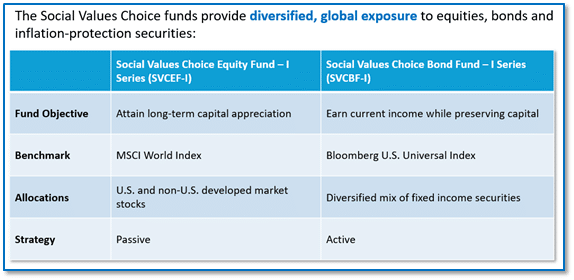
You can find more information about Wespath and the Social Values Choice funds in this recent article. We always look forward to meeting new non-profit leaders and helping organizations with their investment needs!
Karen Manczko is Director, Institutional Relationships at Wespath Institutional Investments.



